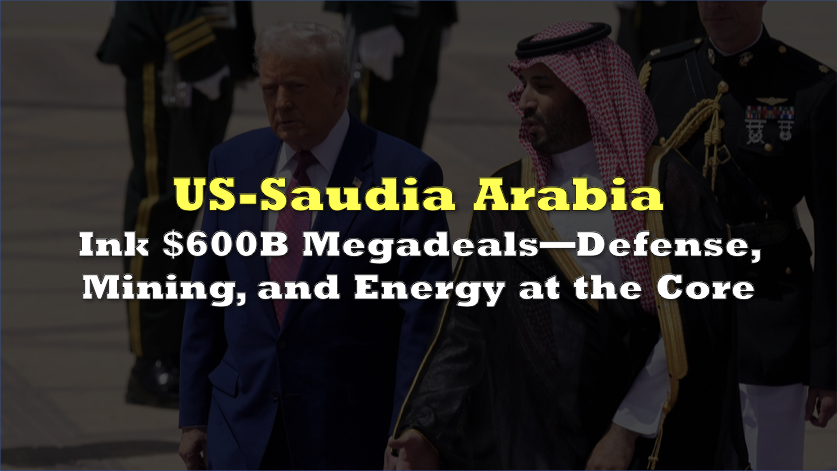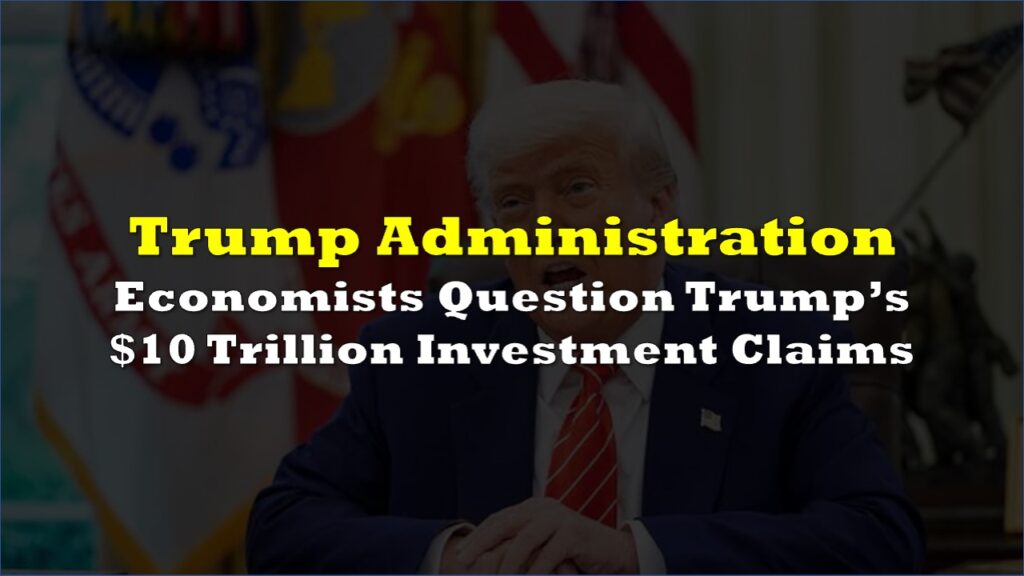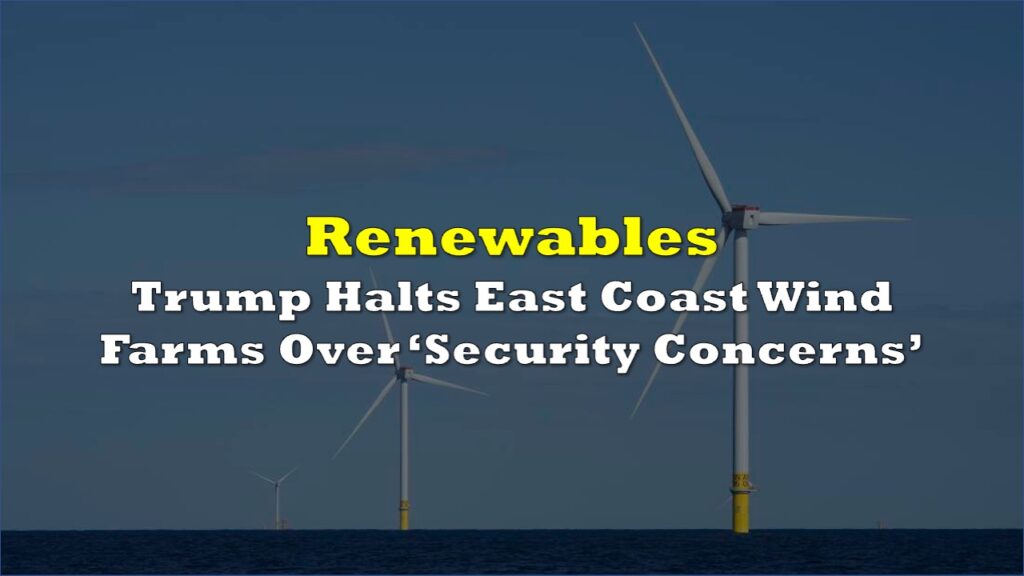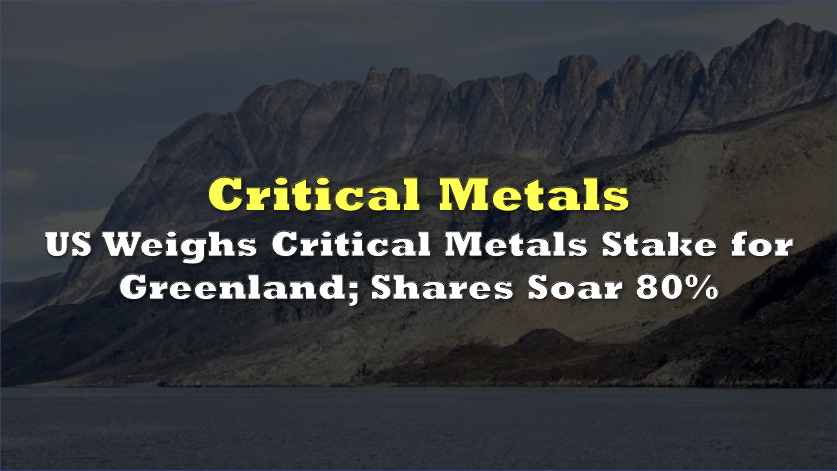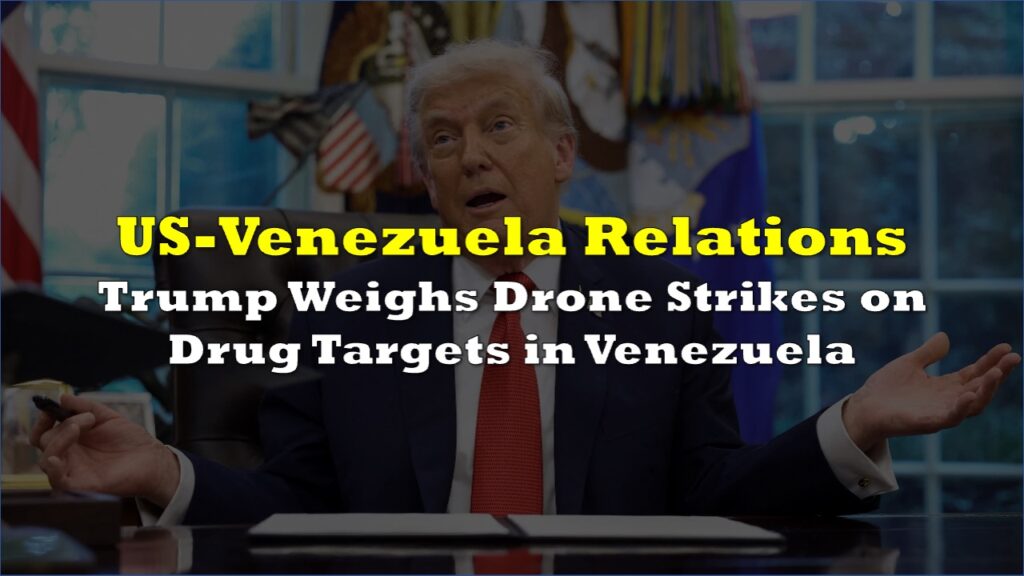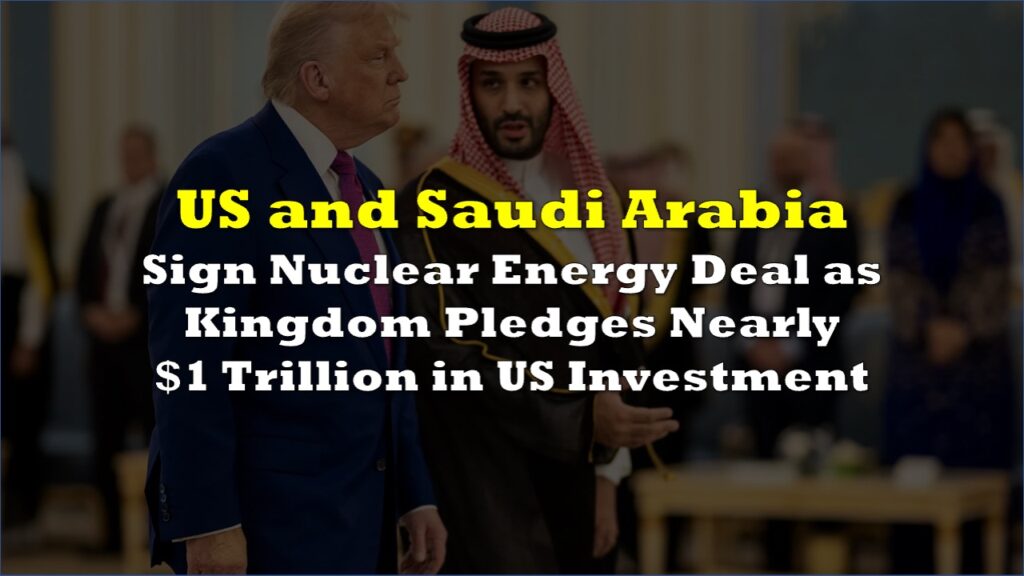The US and Saudi Arabia signed a sweeping set of agreements this week spanning energy, defense, mining, and advanced technology. The package—touted by President Donald Trump’s administration as totaling over $600 billion—ushers in what is being billed as a “new golden era” of bilateral cooperation.
🚨 BREAKING: U.S. and Saudi Arabia sign agreements on energy, defense, and mining — Saudi state TV
— Faytuks Network (@FaytuksNetwork) May 13, 2025
The centerpiece is a $142 billion arms deal, described as the largest defense sales agreement in US history. The contract includes state-of-the-art weapons systems, training packages, and infrastructure for Saudi military modernization across air, maritime, land, and cyber domains. It also opens doors for long-term sustainment contracts with over a dozen US defense firms.
Both countries also inked deals targeting critical mineral supply chains, including a cooperation document that will support exploration and processing of essential minerals. This comes as the West races to de-risk its dependence on China for rare earths and battery inputs.
Saudi Arabia also committed $20 billion via DataVolt to develop AI-powered data centers and energy infrastructure in the US. Meanwhile, GE Vernova will export $14.2 billion worth of gas turbines and related energy tech to the Kingdom.
A separate energy investment fund worth $5 billion was also launched, targeting US renewables and grid projects.
Technology transfers and co-development efforts are embedded in the agreements, including Google, Oracle, Salesforce, AMD, and Uber committing to $80 billion in dual-market digital transformation projects.
Elon Musk also made headlines at the Saudi-US Forum by unveiling robotic innovations and robo-taxi expansion plans in the Kingdom.
Elon is brining robo taxis to the kingdom and robots that will help boost productivity #OOTT #SaudiUSForum2025 @elonmusk pic.twitter.com/ZrhlRSjAKE
— Amena Bakr (@Amena__Bakr) May 13, 2025
The deals are heavily branded under Trump’s “America First” doctrine. “This is the art of the deal at its peak,” Trump said during his speech in Riyadh, joking with Crown Prince Mohammed bin Salman that the $600 billion figure “should really be a trillion.”
Critics, however, point to opacity in the numbers. Many of the investment commitments appear repackaged from earlier Biden-era initiatives, and no deal-by-deal breakdown has confirmed the full $600 billion claim. Some programs, including infrastructure exports and aerospace investments—such as $4.8 billion in Boeing 737-8 jets—began negotiations well before Trump’s return to office.
The strategic deepening of economic ties comes amid Trump’s promise to lift US sanctions on Syria, following a reported offer from Syrian leader Ahmed al-Sharaa involving oil access, a demilitarized buffer zone for Israel, and even plans for a Trump Tower in Damascus.
A separate controversy surrounds a gifted luxury Boeing 747-8 from Qatar, which some lawmakers call a “flying bribe” disguised as a future museum piece.
Nonetheless, the administration frames this flurry of agreements as emblematic of America’s regained economic dominance.
“President Trump is the dealmaker-in-chief,” the White House proclaimed.
Information for this briefing was found via The Guardian and the sources mentioned. The author has no securities or affiliations related to this organization. Not a recommendation to buy or sell. Always do additional research and consult a professional before purchasing a security. The author holds no licenses.

